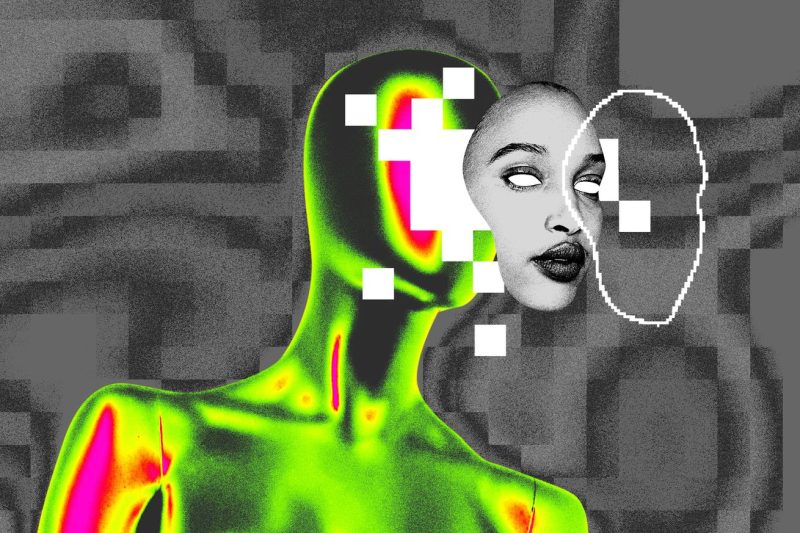AI-Powered Undressing Websites: Balancing Technology and Privacy Rights
The rise of AI-powered undressing websites has sparked controversy and legal battles surrounding privacy rights and ethical boundaries. These platforms utilize advanced artificial intelligence algorithms to generate realistic nude images of individuals using only their clothed photographs. While some may see this technology as a fun and harmless tool for entertainment or artistic expression, others are deeply concerned about the potential misuse and infringement on personal privacy.
One of the primary issues at stake is consent. Users of these websites often upload images of themselves or others without their explicit permission. This lack of consent raises significant ethical questions about the boundaries of technology and the rights of individuals to control their own image. Many argue that the creation and distribution of non-consensual nude images, even if generated by AI, is a violation of privacy and can have serious consequences for the individuals portrayed.
Furthermore, the legal ramifications of AI-powered undressing websites are coming under increasing scrutiny. Several lawsuits have been filed against these platforms, alleging various violations such as copyright infringement, defamation, and invasion of privacy. The legal landscape surrounding these issues is complex and evolving, with courts grappling with how to address the intersection of technology, privacy, and personal rights.
In response to the growing concerns, some jurisdictions are considering legislation to regulate the use of AI in generating nude images. These proposed laws seek to establish clear guidelines for the development and operation of such platforms, with a focus on protecting individuals from unauthorized use of their likeness. By establishing legal safeguards, lawmakers hope to strike a balance between technological innovation and the protection of privacy rights.
Beyond the legal and ethical considerations, the proliferation of AI-powered undressing websites also raises broader societal questions about the impact of technology on our lives. As AI continues to advance rapidly, it is essential for us to critically examine the potential consequences and implications of these innovations. By engaging in open dialogue and debate, we can work towards establishing ethical standards and guidelines that ensure the responsible and respectful use of AI technology.
In conclusion, the emergence of AI-powered undressing websites presents a complex and multifaceted issue that touches on privacy rights, consent, legal challenges, and broader societal implications. As we navigate this evolving landscape, it is crucial to prioritize the protection of individuals’ privacy and rights while also acknowledging the potential benefits and risks of AI technology. By fostering informed discussions and working towards meaningful regulations, we can strive for a future where innovation and ethics coexist harmoniously in the digital age.

